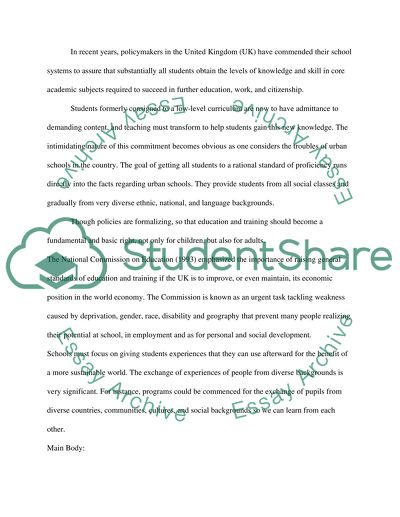Cite this document
(“Analyse the social impact of a UK government initiative on urban Essay”, n.d.)
Analyse the social impact of a UK government initiative on urban Essay. Retrieved from https://studentshare.org/miscellaneous/1503586-analyse-the-social-impact-of-a-uk-government-initiative-on-urban-learning
Analyse the social impact of a UK government initiative on urban Essay. Retrieved from https://studentshare.org/miscellaneous/1503586-analyse-the-social-impact-of-a-uk-government-initiative-on-urban-learning
(Analyse the Social Impact of a UK Government Initiative on Urban Essay)
Analyse the Social Impact of a UK Government Initiative on Urban Essay. https://studentshare.org/miscellaneous/1503586-analyse-the-social-impact-of-a-uk-government-initiative-on-urban-learning.
Analyse the Social Impact of a UK Government Initiative on Urban Essay. https://studentshare.org/miscellaneous/1503586-analyse-the-social-impact-of-a-uk-government-initiative-on-urban-learning.
“Analyse the Social Impact of a UK Government Initiative on Urban Essay”, n.d. https://studentshare.org/miscellaneous/1503586-analyse-the-social-impact-of-a-uk-government-initiative-on-urban-learning.


